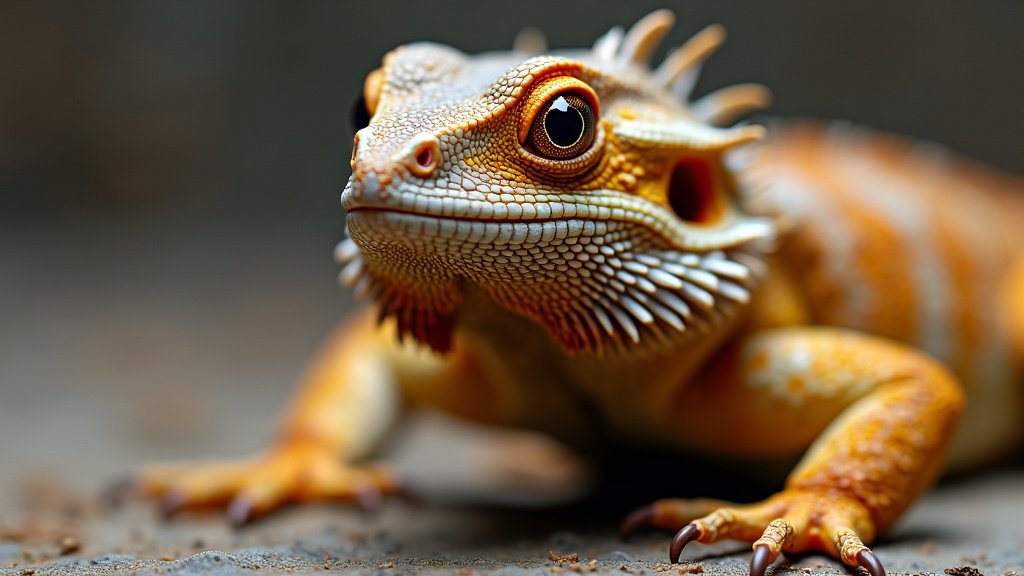Hey there, reptile friends! I’m super excited you’re here at Dug’s Bugs. I really love bearded dragons and have spent a lot of time taking care of and learning about these cool creatures. Today, we’re answering a big question: Can bearded dragons eat coriander? Yes, they can! But let’s dive in to find out more and make sure they stay happy and healthy.
Why Diet is Important for Bearded Dragons
Just like us, bearded dragons need a balanced diet to be healthy and happy. A good diet helps them grow, stay active, and feel good. Eating the same thing every day would be boring for anyone, right?
What Bearded Dragons Need to Eat
Basic Nutritional Needs
Bearded dragons need a mix of proteins, vitamins, minerals, and water. They should eat insects, vegetables, and fruits to get all the nutrients they need.
Types of Food
- Insects: Crickets and mealworms are great. They give the dragons proteins and fats which help them grow and stay active.
- Vegetables: Leafy greens like kale and collard greens, and bell peppers are full of vitamins and minerals.
- Fruits: Berries and apples are tasty treats but should be given in small amounts because of their sugar content.
How Often and How Much to Feed
The age of your dragon decides how much they eat. Younger dragons need more protein, while older ones need more veggies. Don’t overfeed them, as that can make them overweight. Always feed them balanced meals.
Can Bearded Dragons Eat Coriander?
What’s in Coriander?
Coriander, or cilantro, is packed with vitamins A, C, and K, and has lots of antioxidants to help your dragon stay healthy.
Benefits of Coriander
- Taste and Variety: Adding coriander makes their meals more interesting.
- Hydration: Coriander has a lot of water, which helps keep your dragon hydrated.
Is There Any Risk?
While coriander is good, too much can cause tummy troubles. Start with a little and see how your dragon likes it and reacts.
How to Give Coriander to Your Bearded Dragon
Preparation Tips
Rinse the coriander well to remove any dirt or pesticides. Chop it into small pieces so your dragon can eat it easily and safely.
How Often to Give Coriander
Coriander should be a treat, not an everyday food. Give it to them once or twice a week in small amounts, along with their other foods.
Watch Your Pet
Start with a small amount and see how your dragon likes it. Watch for any changes in their behavior or poop. If all is good, you can give them coriander now and then.
Keeping Your Bearded Dragon Healthy
What a Healthy Dragon Looks Like
- They are active and curious.
- Their eyes and skin are bright and clear.
- They have a healthy weight.
- They shed regularly and have consistent stool.
Diet-Related Health Problems
Bad diets can cause problems like obesity, bone diseases, and dehydration. Stress can also come from a poor diet. Make sure you provide balanced and nutritious food.
When to See a Vet
If your dragon seems lazy, has strange poop, loses weight, or looks unwell, go to the vet. Regular check-ups help catch problems early.
Conclusion
So, can bearded dragons eat coriander? Yes, they can! Just remember, balance is key. Offer different foods, watch portions, and keep an eye on your dragon’s reactions.
Being a responsible pet owner means paying attention and acting quickly. If you’re unsure, ask a vet or our community for help.
Share your stories or questions in the comments below. Don’t forget to subscribe to Dug’s Bugs for more pet care tips. Together, we’ll help our scaly friends live their best lives!
Extra Resources
Books and Articles
Want to learn more about bearded dragon care? Check out our upcoming articles and guides.
Questions and Answers
Got questions about your bearded dragon’s diet? Stay tuned for our Q&A section coming soon!
Join Our Community
Join our online forums and social media groups to share tips and experiences with other bearded dragon lovers.
Thanks for visiting Dug’s Bugs. More exciting pet care content is coming your way. Keep those scales sparkling!




